Each firefighter who successfully completes the training sessions listed below will receive applicable certifications and certificates to document their accomplishment. These certificates/certifications will vary based on each class, and could include credentials from:
- NFPA
- ProBoard
- U.S. National Fire Academy
- WVU Fire Academy
We are proud to partner with the West Virginia University State Fire Academy for our Firefighter Education Program. These classes can be held at your Fire Department, at our training centers, or at the West Virginia State Fire Academy in Jacksons Mill, WV.
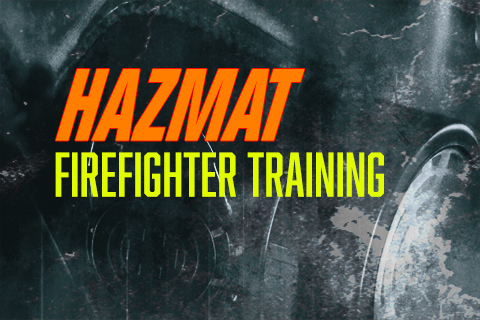
LF-007 Hazmat Firefighter Training
This course focuses on the relationship of incident priorities, strategies and tactics as they relate to implementing safe procedures for alleviating the risk at an accidental or intentional hazardous materials incident. This course concentrates on integrating risk-based decision-making and knowledge about hazardous materials chemistry, storage, transportation and release scenarios with information about local response plans and systems.
Subjects covered include:
- Regulations and standards as they apply to hazmat teams
- Hazard interpretation
- Damage assessment
- Site characterization
- Use and interpretation of environmental monitoring instruments
- Selection of personal protective equipment
- Assessment of tactical options
- Development of operational plans
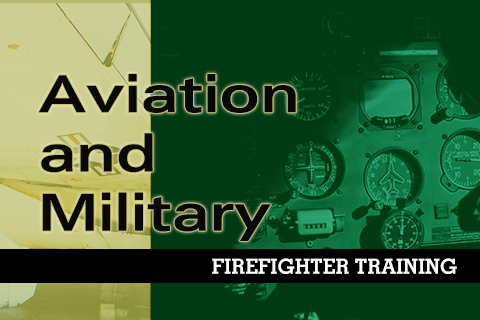
LF-008 Aviation and Military Firefighter Training
General Aviation and Military Response for the Structural Firefighter presents important information that a structural firefighter needs know when responding to a General Aviation or Military-based incident. Knowledge, training, and skills are essential for their safety, for the safety of pilots, passengers, mechanized military personnel, and any others on scene that may be involved.
Subjects covered include:
- Information on airplane anatomy, military equipment anatomy, associated hazards, airport operations, communication, and practical information on pre-incident planning and response, including control and mitigation of general aviation and military incidents.
- NFPA 1003: Standard for Airport Fire Fighter Professional Qualifications (2015) is also referenced and includes many of the skills that are important to the “non-airport emergency responder”.
- Scenarios include simulated wheel, engine, vehicle, support equipment, heavy mechanized, and cabin fires, simulated large pit fires, simulated cockpit shutdown procedures, operation of throttle and fire bottles, as well as battery maneuvers.
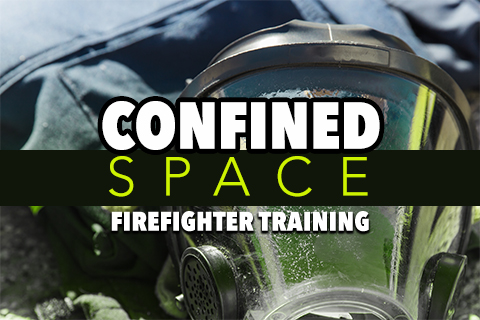
LF-009 Confined Space Firefighter Training
This Confined Space Training Class has been designed to present topics relevant to the Occupational Safety and Health Administration (OSHA) confined space training requirement as stated in OSHA’s Occupational Safety and Health Standards, Title 29 of the Code of Federal Regulations. Confined spaces are defined as spaces with limited openings for entry or exit, has enough space for working, but is not intended to accommodate workers for long periods of time. These spaces, according to OSHA’s report, may contain the following:
- Dangerous or potentially dangerous atmosphere
- Material that can drown a person
- Tapered corner or tip that could trap or suffocate a person
- Understand the procedures for entering, working in and leaving permit-required confined spaces.
- Know how to identify physical hazards.
- Conduct a routine check of the environment’s oxygen content, flammability and present explosive or chemical hazards.
- Follow safety program with regards to emergency response, ventilation, fall protection and use of lighting and communication tools.
- Use a monitoring system (phone, video, or walkie-talkies) and be in contact with an attendant or supervisor while entering or working in the permit-required confined space.
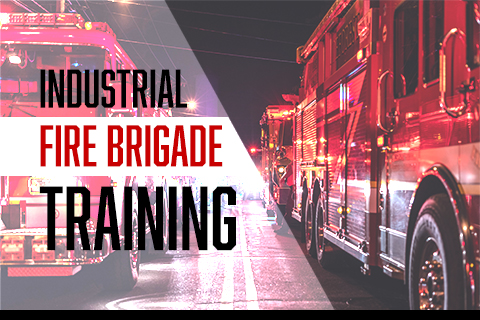
LF-010 Industrial Fire Brigade Training
When business or industry is faced with fires, accidents, and other facility related emergencies, training programs offered by the WVU Fire Service Extension are designed to address these specific industry needs ensure responders are prepared. The course uses recognized standards such as national certification courses NFPA 1081, Standard for Industrial Fire Brigade, Professional Qualifications and NFPA 1006, Standard for Technical Rescuer Professional Qualifications.
Subjects covered include:
- Incipient stage firefighting
- Interior and exterior firefighting
- Hazardous materials mitigation
- Basic confined space rescue
- Rope rescue
- Incident command systems
- Incident safety officer training
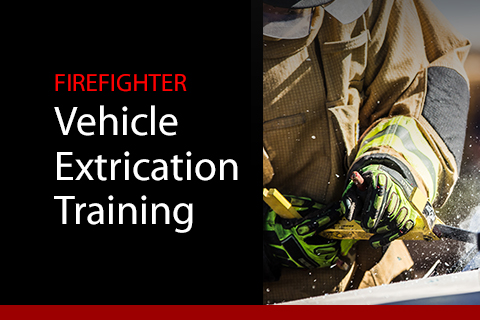
LF-011 Vehicle Extrication Training
This course teaches to the current NFPA 1001, 1006 and 1670 standards. Vehicle extrication emergencies are a leading category of response for fire and rescue personnel. Responding to these incidents us inherently dangerous because of vehicle traffic and many other hazardous conditions. Both the patient and responders' lives depend on solid, up-to-date training in incident management, basic operational procedures and knowledge of tools and techniques used to complete an efficient and effective extrication. It's critical that emergency responders are aware of hazards and how to control them at an extrication scene.
Subjects covered include:
- Training on basic and advanced extrication techniques and theories.
- Training on extrication tools and associated equipment such as rescue struts and cribbing.
- Focus on the extrication “Big 5”:
- Vehicle stabilization
- Safe vehicle glass removal
- Removing or popping vehicle doors
- Vehicle roof removal
- Dash displacement
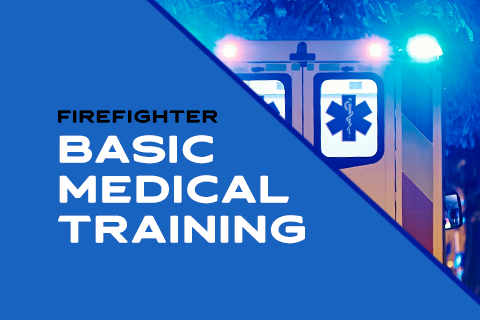
LF-012 Firefighter Basic Medical Training
This course prepares fire fighters for the challenges they will face for responding to medical incidents in the field.
Subjects covered include:
- Current medical concepts to ensure that students are taught assessment and treatment approaches that will help patients in the field.
- Proper basic and advanced equipment, supplies, and medical devices recommended.
- Case studies that offer context for the application of knowledge presented.
- Concept reinforcement of critical skills and knowledge.

LF-013 Fire Service Executive Leadership
This series of courses is designed to bring dynamic leadership techniques and education to today and tomorrow’s fire service leaders. Please contact AVI for your specific needs so a custom course can be developed.
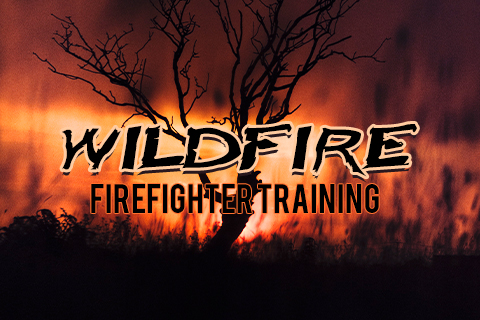
LF-014 Wildfire Firefighter Training
This course prepares fire fighters for the unique skillset needed for safe wildfire mitigation. Please contact AVI for your specific needs.
